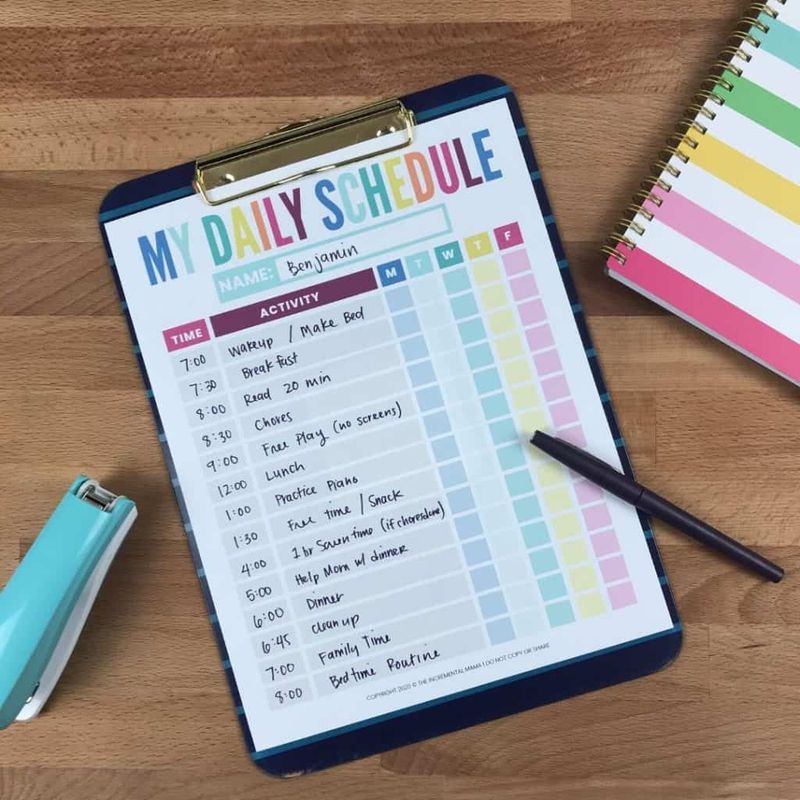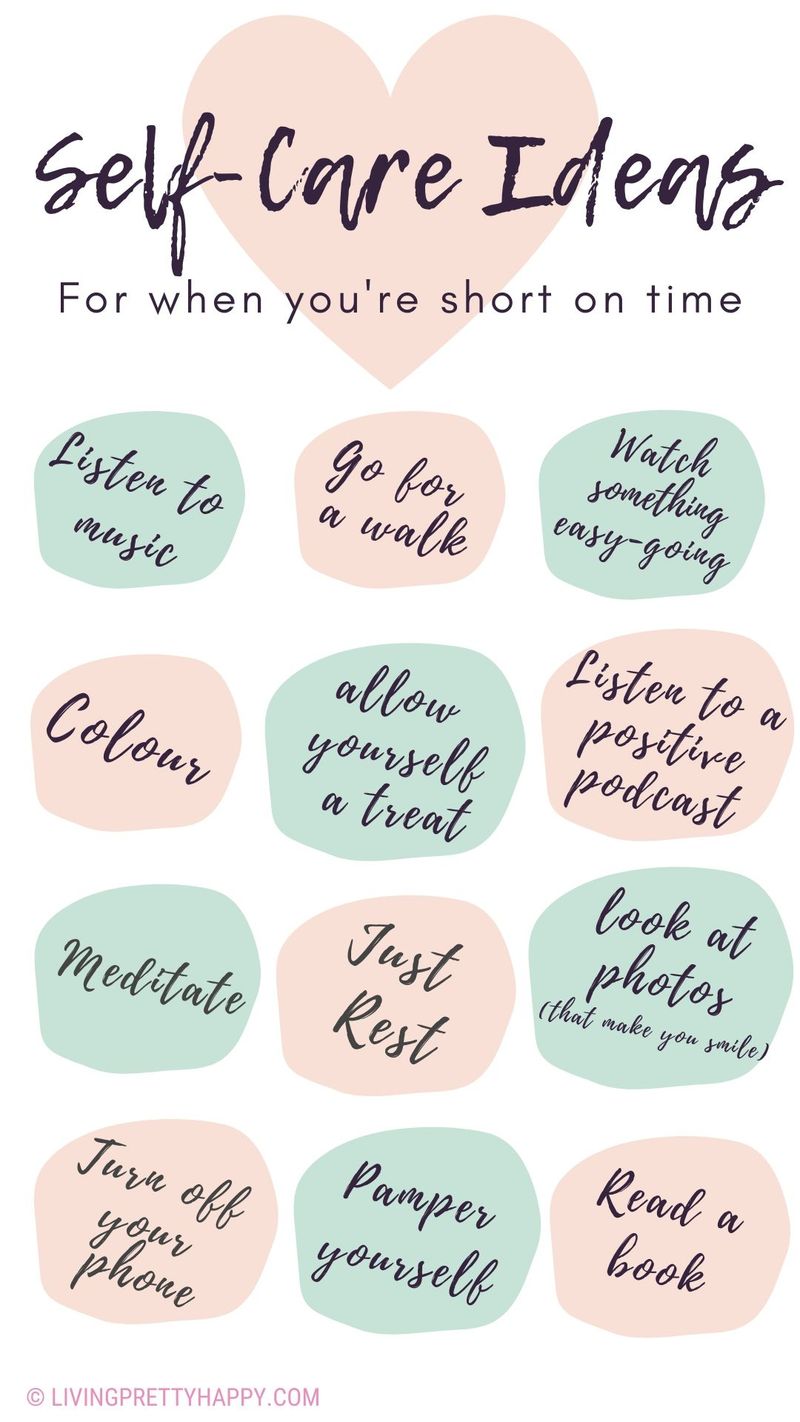Parenting is a profoundly rewarding journey, yet it can also be a source of significant stress and exhaustion. As parents juggle multiple roles, from caregiver to provider, it’s crucial to prioritize mental well-being. Maintaining mental health allows parents not only to care for themselves but also to nurture their children more effectively. In this blog post, we’ll explore eight practical tips to help parents manage and improve their mental health. These strategies are designed to fit seamlessly into the daily chaos of parenting, offering relief and rejuvenation. From carving out personal time to building supportive networks, these insights aim to empower parents to thrive emotionally.
1. Practice Mindfulness Daily

Mindfulness is a simple yet transformative practice. By dedicating just a few minutes each day to mindfulness exercises, parents can cultivate a sense of calm. Focusing on the present moment helps reduce stress and anxiety.
Imagine sitting quietly, breathing deeply, and letting go of daily worries. This practice not only enhances mental clarity but also fosters emotional resilience. Consider using apps or guided sessions to explore different techniques.
Embrace mindfulness as a daily ritual. It’s not about perfection, but rather finding moments of peace in the chaos of parenting.
2. Establish a Routine

Creating a routine can be a lifesaver for parents. A well-structured day provides predictability, reducing stress for both parents and children.
Start by setting consistent wake-up and bedtimes. Include chunks of time for meals, homework, and relaxation. This structure helps manage expectations and keeps chaos at bay.
Routines don’t need to be rigid. Allow flexibility for spontaneous fun. A balanced routine fosters a sense of security and helps parents feel more in control.
3. Exercise Regularly

Exercise is a powerful stress reliever. Just 30 minutes a day can boost mood and energy levels. Physical activity releases endorphins, the body’s natural feel-good chemicals.
Choose activities you enjoy, whether it’s jogging, dancing, or yoga. Involve the family to make it fun and motivating. A routine of exercise contributes to better sleep and increased patience.
Don’t view exercise as a chore. It’s an opportunity to recharge and rejuvenate, crucial for maintaining mental health.
4. Connect with Nature

Nature has a soothing impact on our minds. Spending time outdoors can significantly improve mental well-being. Whether it’s a walk in the park or a hike in the woods, nature provides a refreshing escape.
The sights and sounds of the natural world help reduce stress and promote relaxation. Encourage family outings in nature to bond and unwind.
Connecting with nature is a simple yet effective way to boost mental health. It’s about enjoying the beauty around you and finding peace in simplicity.
5. Seek Support Networks

Parenting doesn’t have to be a solo journey. Building a support network can offer emotional relief and practical advice.
Join parent groups or online communities to share experiences and seek guidance. Having a support system reduces feelings of isolation and stress.
Remember, reaching out for help is a sign of strength, not weakness. Whether it’s friends, family, or professional counselors, support is key to navigating parenting’s challenges.
6. Prioritize Self-Care

Self-care is essential for mental health. Taking time for oneself is not selfish; it’s necessary. Indulge in activities that bring joy and relaxation.
Whether it’s reading a book, taking a warm bath, or pursuing a hobby, prioritize these moments. They recharge your mental and emotional batteries.
Set boundaries to protect your self-care time. By caring for yourself, you’re better equipped to care for others. Remember, self-care is about sustainability, not luxury.
7. Limit Screen Time

Screens are a double-edged sword. While useful, excessive screen time can increase stress and anxiety. Setting boundaries around technology use is vital.
Designate tech-free zones and times, especially during meals and family activities. Encourage face-to-face interactions and physical play.
Limiting screen time creates more opportunities for meaningful connections. It helps parents and children be more present, fostering stronger family bonds.
8. Practice Gratitude

Gratitude can shift perspectives. Keeping a gratitude journal helps focus on the positive aspects of life. Each day, write down a few things you’re thankful for.
This practice encourages optimism and resilience. It can be especially grounding during challenging times.
Gratitude enhances mental health by fostering a positive outlook. It’s a simple yet powerful tool to navigate the ups and downs of parenting with grace.

Well, hello there!
My name is Jennifer. Besides being an orthodontist, I am a mother to 3 playful boys. In this motherhood journey, I can say I will never know everything. That’s why I always strive to read a lot, and that’s why I started writing about all the smithereens I came across so that you can have everything in one place! Enjoy and stay positive; you’ve got this!

